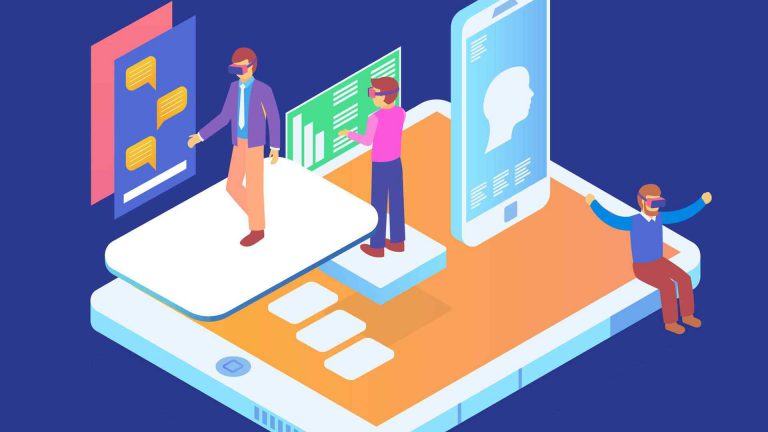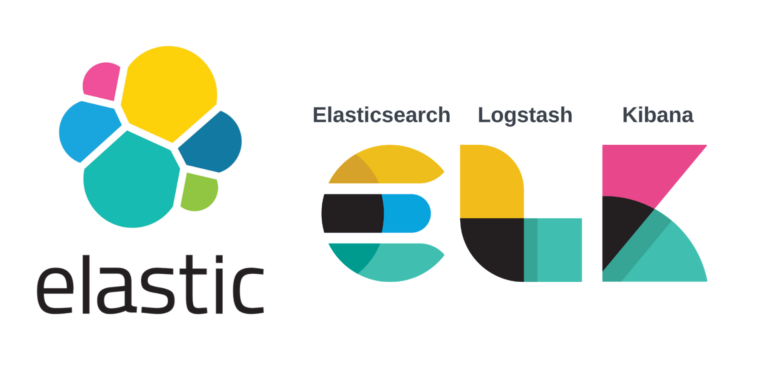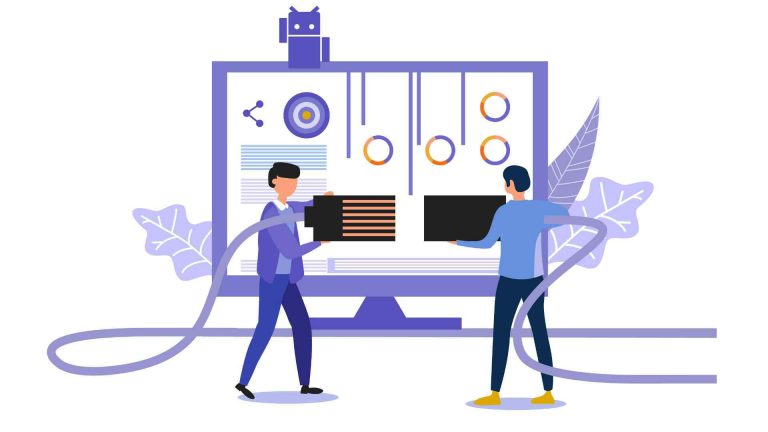F2I's
In Demand Courses
This 3–4 day immersive training program covers Docker and Kubernetes, the leading technologies for containerization and container orchestration. Participants will gain hands-on experience in creating, managing, and deploying containerized applications using Docker, and scaling and orchestrating those containers with Kubernetes. The course covers essential topics like container security, deployment strategies, networking, and monitoring, giving participants the skills needed to manage modern microservices-based applications. This course is designed for IT professionals looking to enhance their containerization and orchestration skills for cloud-native environments.
Eggplant Automation is a popular testing tool that uses image recognition and AI to automate testing processes. Eggplant Automation also allows users to create tests using image recognition, which means that the tool can identify and interact with elements on the screen based on their visual appearance. This makes it easy to create tests for applications with complex user interfaces or custom controls. Eggplant Automation provides a range of reporting options to help users analyze the results of their tests and identify any issues that need to be addressed. The tool also includes features for managing test cases, scheduling tests, and integrating with other tools such as JIRA and Jenkins. Overall, the course of Eggplant Automation is designed to help testers automate their testing processes and improve the quality of their applications. The tool’s ease of use and powerful features make it a popular choice for organizations of all sizes looking to streamline their testing processes and improve their software development cycle.
ELK Stack (also known as EKS - Elasticsearch, Kibana, and Logstash) is a popular open-source toolset used for managing and analyzing large volumes of data in real-time. This toolset is designed to enable users to search, analyze, and visualize data from multiple sources, including logs, metrics, and other structured and unstructured data. The ELK Stack course provides students with an in-depth understanding of the ELK Stack toolset and its capabilities. It covers a range of topics, including Elasticsearch, Kibana, and Logstash, and is suitable for professionals from a wide range of backgrounds. Graduates of this course are well-equipped to manage and analyze large volumes of data using the ELK Stack and to apply their knowledge to real-world scenarios.
Email Security Gateway is a course that focuses on the protection of email communication from malicious attacks and other threats. Email Security Gateway course provides knowledge and skills required to configure, manage, and troubleshoot email security gateway solutions. Email Security Gateway is a software or hardware-based solution designed to protect email servers and users from spam, phishing attacks, malware, and other email-borne threats. The course aims to equip participants with the necessary knowledge and skills to secure email communication channels, whether for personal or business purposes. By taking a course in Email Security Gateway, students can acquire the skills and knowledge necessary to protect themselves or their organizations from email security threats. They can also learn how to implement different email security technologies and protocols, such as anti-virus, anti-spam, encryption, and authentication, to secure email communication channels.
The course of Embedded Linux and RTOS (Real-Time Operating System) is a comprehensive training program designed for software engineers, developers, and system integrators who want to gain a deeper understanding of embedded systems and real-time operating systems. Embedded systems are computing systems that are designed to perform specific functions and are embedded within larger systems or products, such as automobiles, medical devices, and consumer electronics. RTOS, on the other hand, is an operating system that is designed for real-time applications, where the system needs to respond to events and inputs within specific time constraints. The course is designed for software engineers, developers, and system integrators who have a basic understanding of embedded systems and programming. It is ideal for those who want to enhance their skills and knowledge in embedded systems and real-time operating systems and want to learn how to design and develop reliable, efficient, and scalable embedded systems. The Embedded Linux and RTOS course is a valuable training program for software engineers, developers, and system integrators who want to gain a deeper understanding of embedded systems and real-time operating systems. The course covers a range of topics related to system architecture, kernel configuration, device drivers, memory management, debugging and profiling, and real-time scheduling, and provides participants with the skills and knowledge needed to design and develop reliable, efficient, and scalable embedded systems for real-time applications.
The ENCOR (V1.4) training program is an intensive 5-day course designed to equip network engineers with the advanced knowledge and hands-on skills required to implement, manage, and troubleshoot modern enterprise networks. This course forms the core of Cisco’s enterprise networking curriculum and provides deep technical insights into dual-stack architecture, virtualization, automation, security, and network assurance. Participants will gain practical experience configuring enterprise LANs, WANs, routing protocols, advanced wireless features, and SD-Access/SD-WAN components. The course also emphasizes programmability and automation using Cisco DNA Center and model-driven telemetry—skills essential for today’s evolving network environments. By the end of the training, learners will be prepared to support enterprise-scale network operations, enhance network performance, and lay the foundation for Cisco professional-level certifications such as CCNP Enterprise.
The Engineering Cisco Meraki Solutions (ECMS 1.0) course is an intensive 3-day, hands-on training designed to introduce learners to the deployment, configuration, and management of Cisco Meraki’s cloud-managed networking solutions. This program provides a deep understanding of Meraki’s intuitive dashboard, centralized management capabilities, and the full suite of Meraki products including wireless access points, security appliances, switches, and endpoint management. Participants will explore real-world scenarios centered around network design, device onboarding, traffic shaping, security policies, and network monitoring. Through guided labs, learners will configure Meraki devices, optimize network performance, and troubleshoot using cloud-based tools. The course also highlights licensing models, seamless scalability, and best practices for cloud-first network operations. By the end of the training, attendees will have the skills to confidently deploy and manage Meraki solutions for secure, scalable, and cloud-operated enterprise networks.
Excel with Gen AI is a focused 8–12 hour course that blends advanced Excel capabilities with the power of Generative AI to transform how professionals work with spreadsheets. Designed for those already familiar with Excel basics, this course introduces cutting-edge techniques where AI assists in formula generation, task automation, and data analysis — drastically improving productivity and decision-making. Participants will explore a range of AI-augmented features, from auto-generating complex formulas and conditional logic, to building dashboards, summarizing datasets, and generating natural language explanations of data trends. The course also covers how to integrate AI-powered tools (like Copilot, ChatGPT, and Excel plugins) directly into everyday workflows, enabling smarter and faster spreadsheet operations. Whether you're in finance, operations, analytics, or administration, this course will help you take your Excel skills to the next level — with Gen AI doing the heavy lifting.
The course of F# is a comprehensive training program that provides participants with a deep understanding of the F# programming language. F# is a functional programming language that is used to build a wide range of applications, from scientific and financial applications to web and game development. The course is suitable for individuals with some programming experience who want to learn the F# programming language and build modern applications for a variety of platforms. Participants should have a basic understanding of programming concepts such as variables, data types, control structures, and functions. The course of F# is a comprehensive training program that provides participants with a deep understanding of the F# programming language. The course covers all aspects of F# programming, including data types, functions, control structures, pattern matching, type providers, computation expressions, and asynchronous programming. The course includes hands-on programming exercises and assignments that allow participants to practice their skills and build real-world applications using F#. Participants will also learn how to use Visual Studio and other tools to improve their productivity and streamline the development process.
Apache Flink is an open-source stream processing framework that allows you to process massive amounts of data in real-time. It is designed to run batch processing, real-time processing, and stream processing applications with low-latency and high-throughput. The Flink course teaches students how to use Flink to build data processing pipelines and real-time applications. By taking a course in Flink, students can acquire the skills and knowledge necessary to build scalable and efficient real-time data processing applications. They can also learn how to effectively use Flink to handle complex data processing tasks. It supports a wide range of data sources and sinks, including Hadoop Distributed File System (HDFS), Apache Kafka, and Amazon S3.
No posts found





















